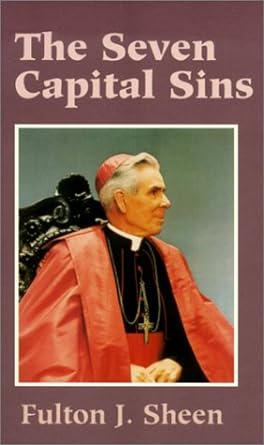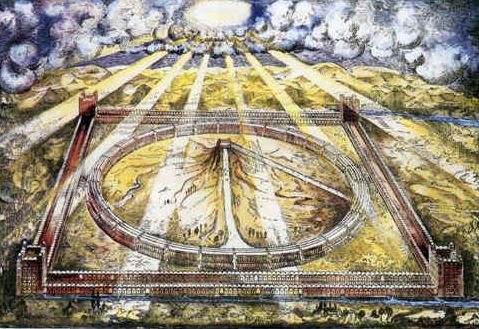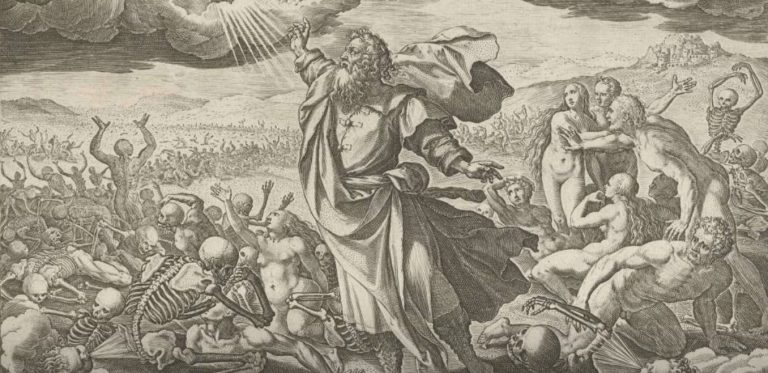
Ancient Anglican
A Modern Perspective on Early Christian Thought.
New on the Blog
Seven Capital Sins – Envy, pt.1
In the theological sense, envy is not a type of jealousy or covetousness where we desire something that someone else has; rather envy is a sadness at another’s good (Aquinas), a love for the misfortune of a neighbor (Dante), or pain at the sight of good fortune (Aristotle).
Seven Capital Sins – Anger, pt.2
This week’s discussion is on anger and Christ’s words from the cross “Forgive them for they know not what they do.”
Seven Capital Sins – Anger, pt.1
Because sinful anger results from ignorance, it is the virtue of forgiveness that overcomes the sin of anger.
Ezekiel 8 – Ezek. 43, 44, 47
When we began Ezekiel, the prophet is in exile sitting by the River Chebar and had a vision of the Glory of God leaving the Temple in Jerusalem. The readings this week open with the vision of a rebuilt and restored Temple and the return of the Glory of God to the Temple, filling it.
Seven Capital Sins – An Introduction
For our Lenten study this year, we are going to look at the seven deadly or capital sins: Pride, Envy, Wrath, Sloth, Covetousness, Gluttony, and Lust.
Ezekiel 7 – Ezek. 37, pt.2
In both Ezekiel’s prophecy and John’s Gospel, this Good Shepherd discourse (Ezek. 36, John 10) is followed by a discourse on the resurrection (Ezek. 37, John 11).
Ezekiel 7 – Ezek. 37, pt.1
On a deeper level, however, this chapter speaks to the general resurrection of all of God’s people and the unification of the Kingdom of Heaven with both Jews and Gentiles under God’s Messiah.
Ezekiel 6 – Ezek. 34
After reading through Ezekiel 34, read through John 10:1-18, Luke 15:1-7, and Matthew 25:31-46 and see how Jesus applies Ezekiel’s prophecy to himself.
Ezekiel 5 – Ezek. 26-28
Think about whether Ezekiel’s prophecy against the King of Tyre in chapter 28 is directed against an historical figure or someone else when he describes the King as “the seal of perfection, full of wisdom and perfect in beauty. You were in Eden, the garden of God; . . . . You were anointed as a guardian cherub, for so I ordained you. . . .”
Ezekiel 4 – Ezek. 16-17, pt.3
One of the analogies Scripture uses is that Israel/Church is the Bride of God/Christ. We will begin our discussion this Tuesday by talking about what this analogy means.
Ezekiel 4 – Ezek. 16-17, pt.2
As do all the readings in Ezekiel, chapter 17 ends with a future Messianic hope, as set forth in the second parable, of God taking a tender sprig from the cedar and planting it high on a hill, so that it will bring forth good fruit and all will seek its shade.
Ezekiel 4 – Ezek. 16-17, pt.1
For Ezekiel, the source of Jerusalem’s adultery is her pride and self-reliance which caused her to ignore God and adopt the worship of the surrounding nations.






